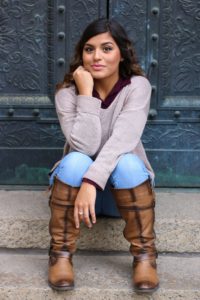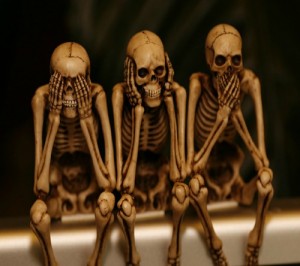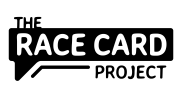Joseph
Washington, DC
from an essay I wrote in 2008:
IN 1980, THE year I ran for president, the country was mired in inflation, the malaise of the Carter administration was about to be overtaken by Ronald Reagan’s Morning in America, and like a lot of the country, Ooltewah High School was swept up in disco fever.
Tucked next to White Oak Mountain, about 20 miles outside Chattanooga, my school had something else in common with America: a stark division between the white majority and the black minority. Alone among the three candidates for school president, I had a foot on both sides of that divide.
My father was in the Air Force, and my sisters and I were children of integration, among the handful of black kids tossed into overwhelmingly white schools on Air Force bases.
I watched “Soul Train” most Saturdays, pleaded with my sisters to perm my nappy hair into an Afro, and was a member in good standing at Ooltewah High’s “black table,” where the small group of African-American students ate lunch in the cafeteria. But I had much in common with Ooltewah’s white kids, too – a suburban upbringing, a taste for Space Invaders, Monty Python, SCTV, and the Who. And when I talked, I sounded a lot like them.
Whenever pundits begin talking about Barack Obama’s chances to win the presidency, and about race and politics, I think back to my run for office. It was years ago, and it was only high school, but even then it was clear that the question of whether a black man can be elected president was more complicated than just a vote count.
For a black person seeking power – moving outside the black sphere to court white people as well – the decision forces an uncomfortable dance of identity and compromise. And for black voters, it means giving up something important as well.
. . .
I had no real craving for power, but a friend nominated me for student body president. Like Obama, I had some assets: a high profile in the school, the support of some teachers, and informal polls of the student body that suggested I could win. I was a captain on the football team. There was some ego involved, and some ambition – it would look great on my college applications.
I didn’t doubt that the black students would vote for me. Courting and winning over the white kids, the majority of the school, would be the key.
I knew I could walk on both sides of the racial divide, but to say I fit in with either group would be an overstatement. It wasn’t unusual to hear white peers tell me, “You’re different than the other black kids,” or “You speak so well,” compliments that also carried the sting of racism. Being an “only” – the only black kid in class, at the party, in the English club or in the tight circle of best-friends-for-life – had gotten really old.
But there was a distance between my black schoolmates and me, too, a lingering sense that liking what I liked, speaking the way I did, and hanging out with white kids made me inauthentic to my race. No one outwardly called me an Oreo – I had enough friendships and took enough stands to maintain my racial bona fides – but I felt as uncomfortable as I did with the white kids.
My presidential run only heightened this anxiety. I look like a brother but sound like a white boy. White kids will see my black face and never vote for me. Black kids probably think I’m a sellout.
Campaigning meant wearing what poet Paul Laurence Dunbar described as “the mask,” the public, nonthreatening identity a black person assumes to navigate through a world dominated by white people. Wearing “a face that grins and lies,” as Dunbar wrote, is a common survival tactic that becomes second nature to most black people.
There was just one campaign speech, before the student body. Delivering it meant a decision: I had to sound “credible.” That meant I would have to use my white-boy voice before an assembly that included my black peers. In front of everyone, I would have to wear the mask.






